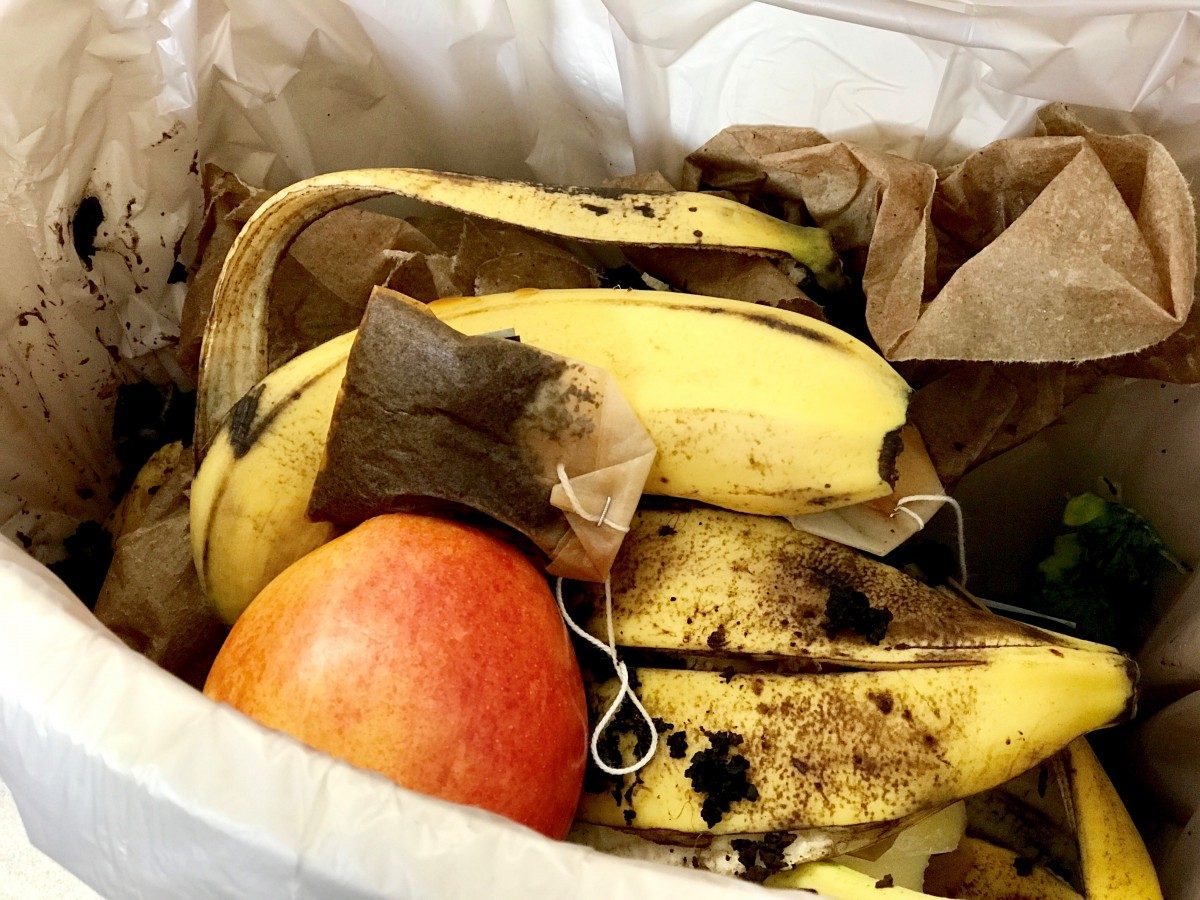
Let’s Talk Waste: Composting
Welcome to the Office of Sustainability’s series on waste as part of Waste Reduction Week, an annual event celebrated across Canada and hosted by provincial organizations from coast to coast. Throughout the week, we will look at different forms of waste on campus and dive into some of the most prevalent topics in waste reduction.
Composting
What do I need to know?
According to the University of Manitoba Waste Audit, the Fort Garry and Bannatyne campuses send just over 14,000 kg of organics to the landfill every year. Organics is a broad sweeping term used to define all food and yard waste, along with any animal waste byproducts such as livestock fertilizer.
When organics are sent to a landfill as waste, they are placed on the garbage pile and “capped” with soil along with other garbage. The organic material then decomposes without air, causing the decomposing organics to produce methane as a byproduct. Methane is an extremely potent and volatile greenhouse gas (GHG) and is over 25 times more impactful than CO2.
The solution to preventing this methane production is composting – any method that disposes of organic material in aerobic conditions. Most often, composting brings to mind bins of food scraps that will slowly become “humus”, or a very nutrient-rich soil that can be useful for growing plants. The important part of any composting system, however, is that organic matter decomposes while oxygen and moisture are constantly introduced. By doing so, the composted material creates CO2 as a byproduct – versus methane in the landfill – and only a comparatively small amount.
Composting organics at a large scale requires space to hold large amounts of organic material and equipment to ensure it remains in an aerobic condition. There are no facilities near the U of M that can process the volume of organics the university produces in a year. As a result, at present there are not many options for U of M’s organic waste.
What are we doing?
Before 2008, a private company collected and composted all of Fort Garry’s campus waste until the company stopped picking up from larger organizations. Plans for on-site composting eventually fell through.
The U of M is presently limited in increasing the scale of composting; however, small-scale composting projects have started to surface as a means of managing some of the organics produced on campus. In summer 2018, the Office of Sustainability continued researching the option of composting on-campus feedstock sources and a few small-scale composting facilities to accommodate smaller organic discards, such as those discards from the Permaculture Garden. In addition, UMSU funds a pocket of compost pickup from Degrees Restaurant in University Centre.
The most recent addition to composting on campus starts Oct. 15, 2018. The Arts Student Body Council (ASBC), in partnership with the Office of Sustainability, is beginning a compost pilot project with Compost Winnipeg in the following places:
- Arts Student Lounge
- Tier Building
- Isbister Building
- Fletcher Argue Building
- Dafoe Library
The pilot project will be kept in motion by student sustainability ambassador volunteers and will be maintained by ASBC and the Office of Sustainability. If you would like more information, please contact sustainability@umanitoba.ca.






